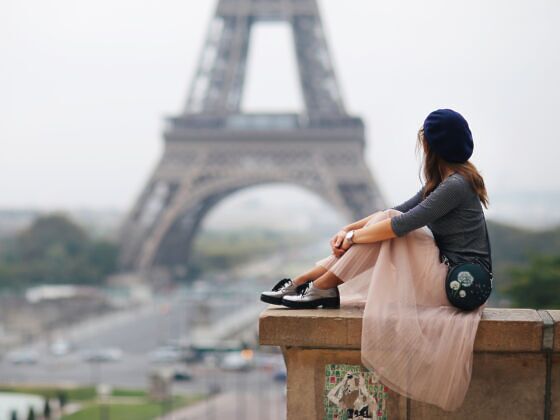“HOW ARE YOU affording Paris?” my mother, in her overly-motherly way, wanted to know.
“Well,” I said, with a twinge of desperation. “We’re not, really.”
My partner and I didn’t have a hotel booked and we didn’t know what we would do when we got to Paris, except avoid spending as many Euros as possible.
We packed solemnly, listening to a barrage of radio reports on the desolate state of the world economy and wondering how long we could avoid paying this month’s rent.
